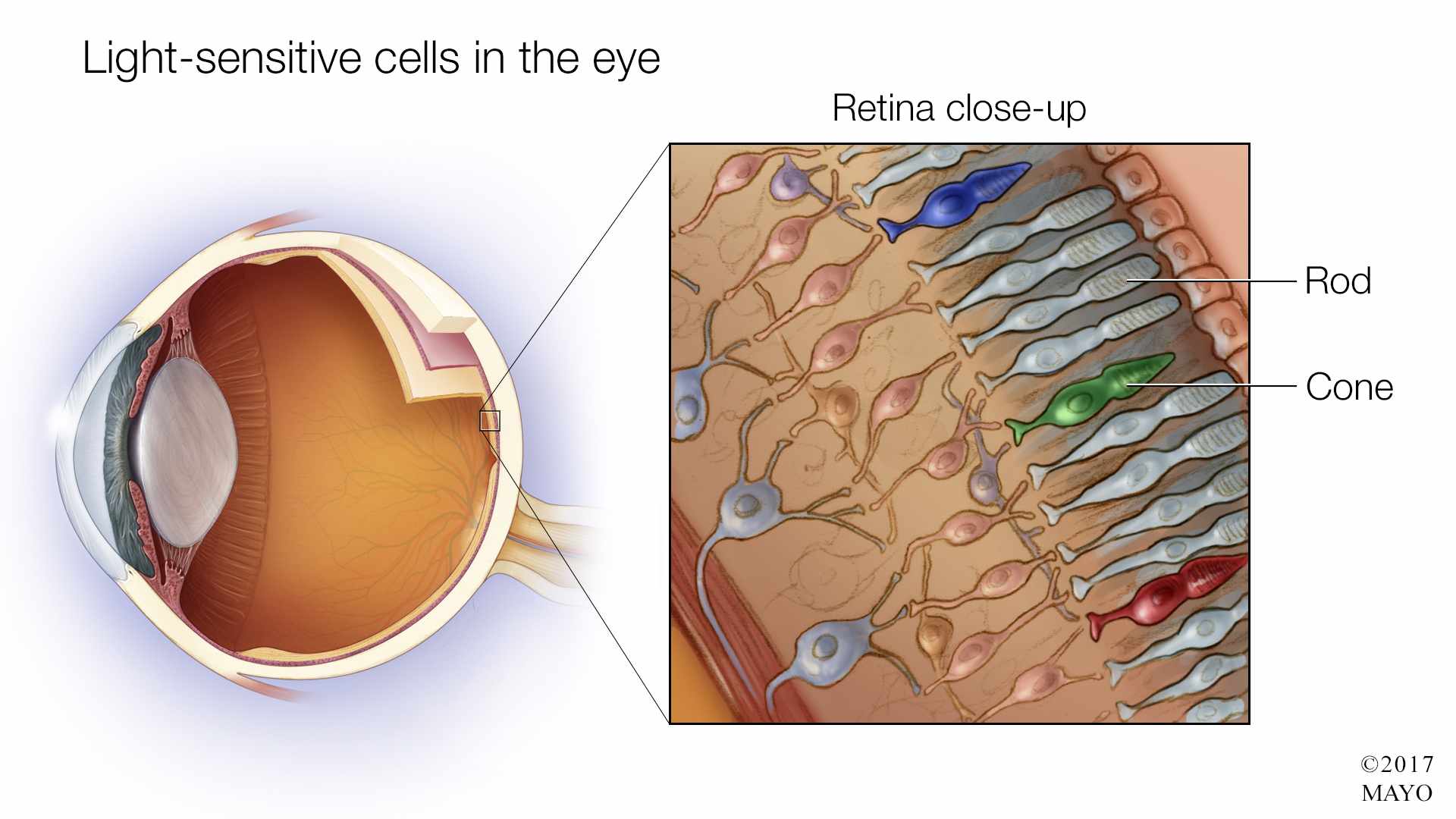-
Featured News
Eyes on the eclipse: Serious damage can occur from staring at the sun
 How long is it safe to look directly at the sun? Dr. William Brown, a Mayo Clinic optometrist, says it's not safe at all.
How long is it safe to look directly at the sun? Dr. William Brown, a Mayo Clinic optometrist, says it's not safe at all.
So it's not too late for the reminder that staring directly at the sun can seriously damage your eyes, if you aren't using specifically designed eclipse glasses.
Dr. Brown says the only time the sun can be viewed without these proper safety glasses will be during total eclipse — that short time when the moon covers the sun completely. "The sun is so intense, regular sunglasses only absorb maybe 90 percent of the sunlight and the light in our environment. Eclipse glasses absorb more like 99.9999 percent," says Dr. Brown.
"I liken it to a camera flash. When a camera flashes, you get this afterimage because the rods and the cones have to recover from that. Well, when you’re staring at the sun, they don’t have a chance to recover, and they may totally be lost due to the damage that can occur from looking at the sun."
- Dr. William Brown
He says, "I liken it to a camera flash. When a camera flashes, you get this afterimage because the rods and the cones have to recover from that. Well, when you’re staring at the sun, they don’t have a chance to recover, and they may totally be lost due to the damage that can occur from looking at the sun."
Dr. Brown says when light enters the eye, it causes a complex series of reactions to occur in the rods and the cones that are very sensitive to light. He continues, "The rods and cones take the light energy and transmit it to neural energy. They’re very fragile, and, after they fire off in response to light, they have to be able to recover."
Dr. Brown adds, "When we have intense light, the eyes don’t have the ability to recover, and we can lose visual function. Depending upon the length of time that we’re staring at that bright light, it can either be temporary loss or it can be permanent loss. So that’s the danger of looking at the sun."
For more information on the eclipse, visit NASA’s eclipse website.
Related news posts:
- How to watch the solar eclipse safely
- Mayo Clinic Minute: Tips to safely watch the total solar eclipse







